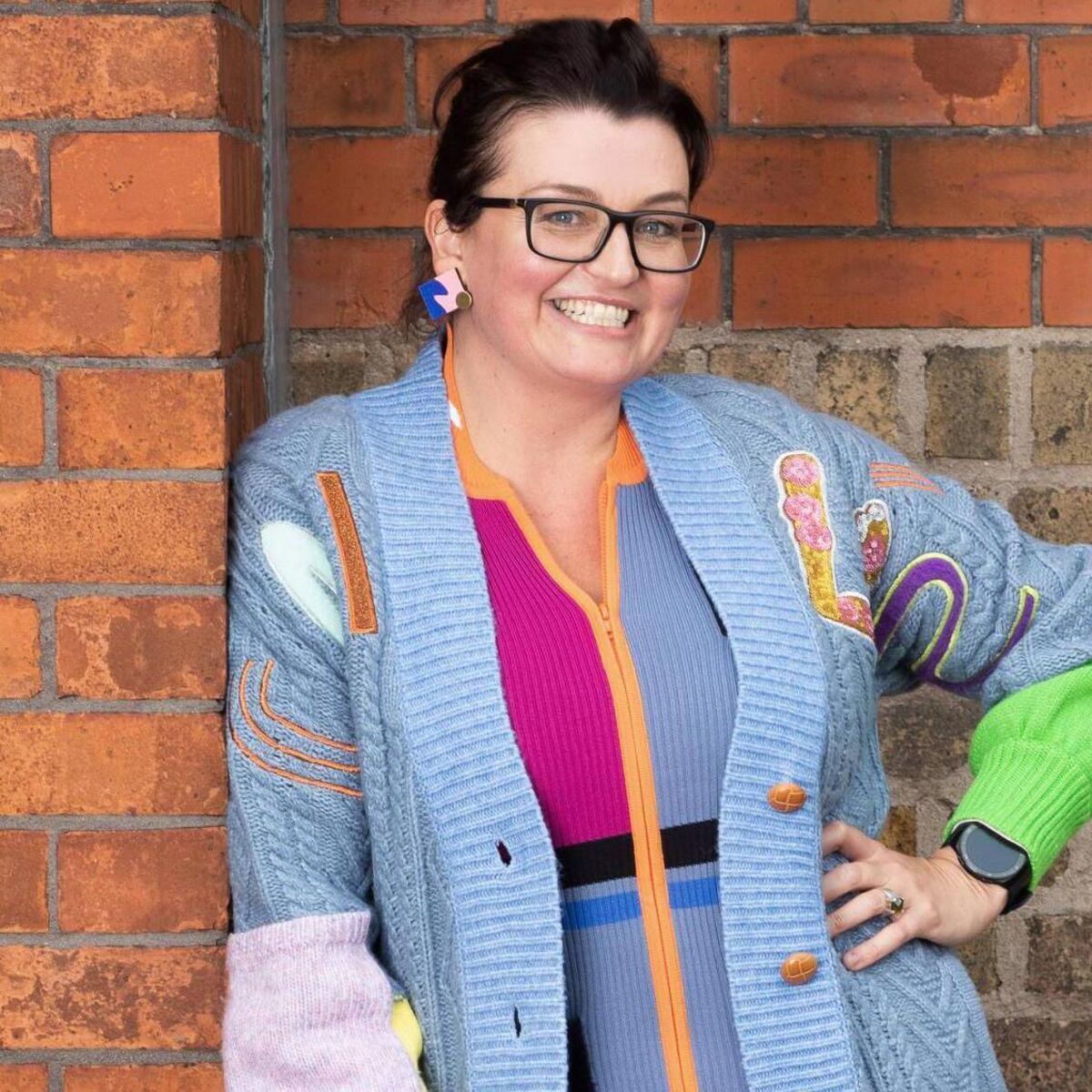By Irishexaminer.com
These are all euphemisms I’ve heard since the day I got my first period, age 12.
That last one — the red fairy — I only ever heard from one girl, I knew her in secondary school.
I like to believe she’s now living a life full of whimsy in a cabbage patch cottage on the edge of a bluebell-filled wood. I liked her.
As I type, we’re getting ready for a reader event in Cork with my colleague, Feelgood editor, Irene Feighan and guest speaker Shalini Wiseman, a chartered physiotherapist in women’s health at Pelvic Health Programmes.
It’s called Coffee & Conversation, and it’s all about making your wellbeing a daily priority. We’re hoping for an open, informative chat on women’s sexual health.
But it got me thinking about how being advocates for our own health, starts with how we’re taught about our bodies.
Sure, I didn’t even know I had a vagina until I was in secondary school. We never called it a vagina, let me tell you. There were no hand-mirror shenanigans in the suburbs of Cork in the 1980s.
And when I did get my period, I was unprepared, to say the least.
It turns out tomboys are not immune to biological realities. I was in denial for a while. I thought if I just ignored it, it might just go away.
And it did! For about three and a half weeks, and then whabammo! Leak week. I guess it’s called a cycle for a reason.
The whole vibe back then was that your period was something embarrassing, shameful, something to be hidden and endured until, like the tides (crimson or otherwise), it rolled in again the next month.
It was like Thanos. Inevitable.
It was something boys in school sniggered at or used as an insult. If a fella found out you had your period, it was mortifying. It became a weapon to be used against you.
I was determined my kids wouldn’t see it that way. Since they were tiny boys, it’s been treated as a normal fact of life in our house. No mysterious red fairies for them.
I’d tell them each month, or whenever I was buying those quare products with the sticky wings, that a period is when blood comes out of the vagina as part of the menstrual cycle.
It happens because the uterus builds up a soft lining each month in case a pregnancy happens.
If it doesn’t, the body lets go of that lining — and that’s what a period is. It’s normal, healthy, and a sign that the body is working the way it’s meant to.
By the time I got to the end of that sentence, they were usually off shooting pretend webs in their Spider-Man rig-outs.
“Spinning webs is nothing compared to what the female reproductive system can do!” I’d shout after them. “We can CREATE LIIIIIFE!”
Side note: Aww! I just got a flashback to how much they adored Spider-Man. Each of them wore the costume as their main outfit for most of their early years.
I can chart their childhoods by who their favourite Spider-Man was: Tobey Maguire, Andrew Garfield, Tom Holland, and the best of the best — Miles Gonzalo Morales.
But I digress. I may not have been well informed, but I was lucky enough to always have what I needed, there was a cupboard in the bathroom in our house where there was always a supply of pads and tampons, but that’s simply not the case for everyone.
Nearly one in four women in Ireland have experienced period poverty, according to the 2022 Healthy Ireland Survey.
Imagine being a teenage girl in school, with those sniggering boys around you, worrying whether you’re bleeding through your uniform.
Dignity shouldn’t be a luxury item.
Back to the coffee and conversation event. Caring and sharing — it’s something women do well, right?
As part of the 25th anniversary of Feelgood, Irene recently initiated the Irish Examiner Women’s Health Survey 2025, and wow, does it highlight the fact that women in Ireland face significant systemic gaps.
And not just in reproductive health, but across the spectrum, from period pain management and fertility awareness, to PMS support, mental health, and GP care.
What’s both infuriating and quite sad is that, despite growing awareness, many women in Ireland still report feeling uninformed, isolated, or blocked from accessing basic health services.
The survey revealed that more than 40% of women report difficulty getting a GP appointment. How can we take responsibility for our health if we are facing barriers to something as basic as routine care?
Acknowledging these gaps is one way to dismantle taboos. We’re crying out for information, access, and dignity.We’re ready for better policies, better supports, better conversations.
And coffee. Really good coffee. Period.
